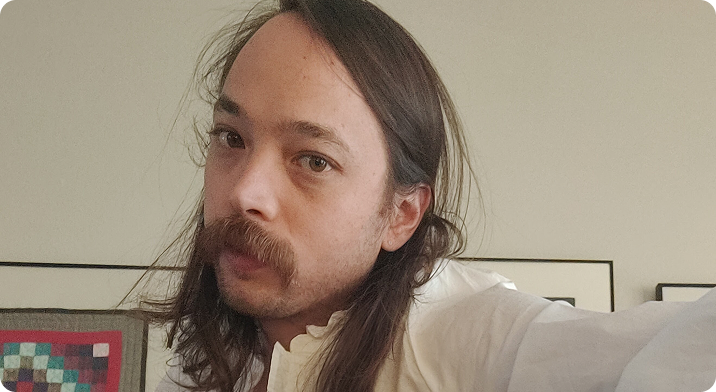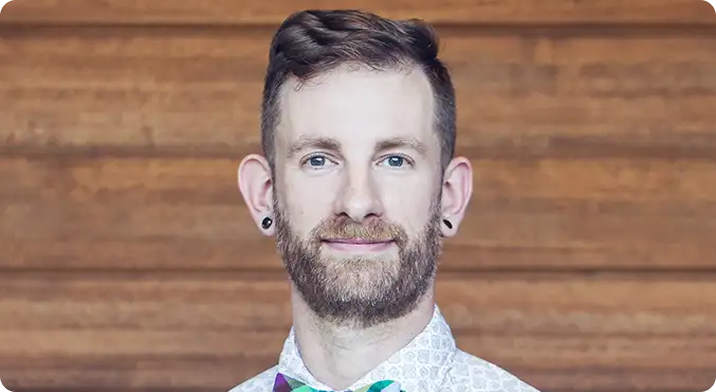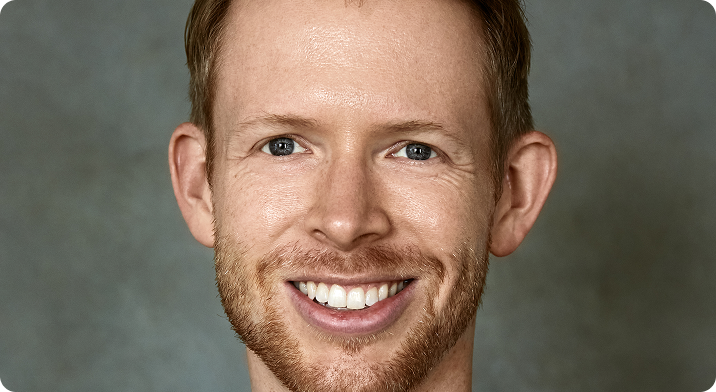The Test Set:
Episodes
A posit video podcast series for data science. Hosted by Michael Chow, with Hadley Wickham and Wes McKinney.
EPISODES
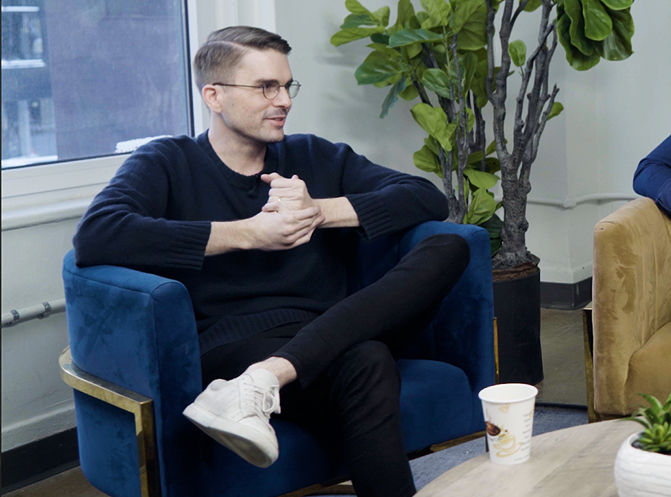
EPISODE 16
Charlie Marsh: More productive but a lot less fun
Charlie Marsh built Ruff, uv, and Ty — the tools that mass-fixed Python's worst pain points. Now he's grappling with what happens when agents start writing most of the code. In this episode, Charlie gets real about his team trusting his PRs less, the gnarly middle of coding with agents, and whether Python is even the right language for an agentic future. It's honest, a wee existential, and deeply relatable if you ship code for a living.
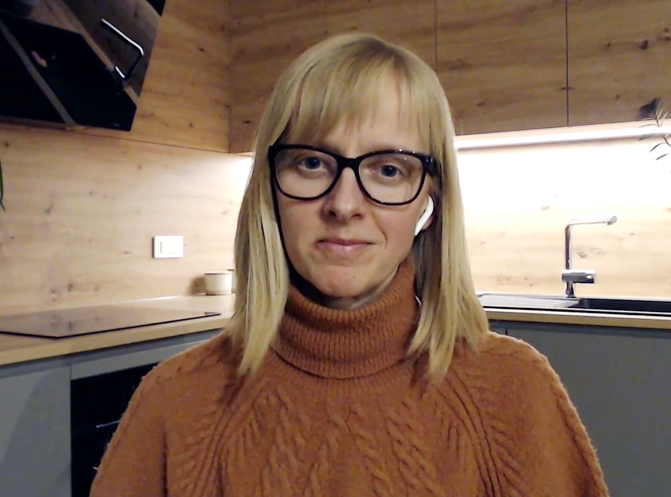
EPISODE 15
Alenka Frim: What yoga teaches us about discipline and collaboration in data science
Alenka Frim went from teaching yoga full-time to becoming a committer and PMC Member on Apache Arrow. In this episode, Alenka joins The Test Set hosts to talk about how Arrow grew from spec to critical infrastructure, and why she started contributing to a project she had never even used. She reflects on imposter syndrome, the discipline of showing up (on the mat and in GitHub), and how agents are changing what it means to write code. Plus: managing 4,000 open issues without losing your mind.
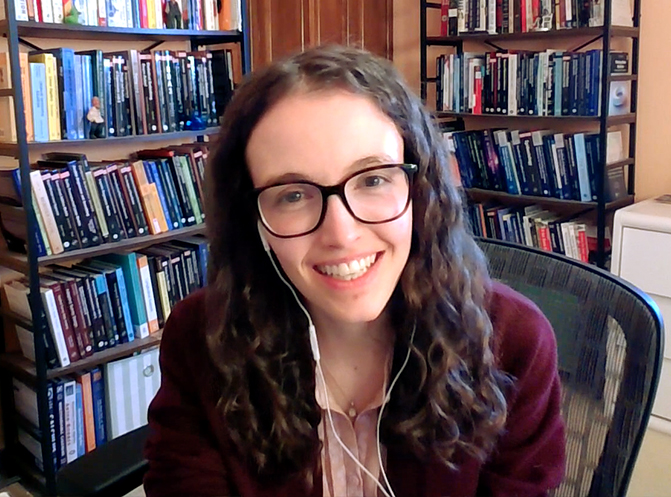
EPISODE 14
Emily Riederer: Column selectors, data quality, and learning in public
Emily Riederer writes Python with an R accent, and we’re all comfortable with it. In this episode, Emily reflects on her journey through R, Python, and SQL — from lessons learned in averaging default values (oops, we're not all rich!) to discovering that column selectors are way cooler than they sound. She weighs in on the delicate art of learning in public, why frustration often makes the best teacher, and how to find your niche by solving the boring problems. Oh, Oh, and the crew casually drops that she's keynoting posit::conf 2026!
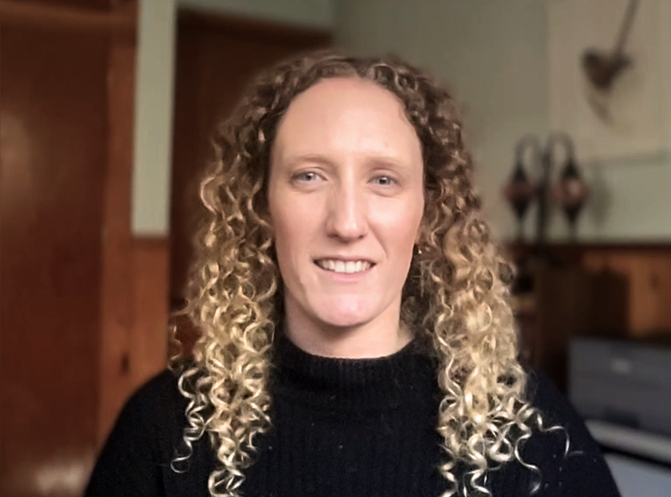
EPISODE 13
Rebecca Barter: Persistent learning, tool building, and 'Will code even exist?'
Rebecca Barter, senior data scientist at Arine and adjunct assistant professor at the University of Utah, refuses to work on things she doesn’t care about. Lucky for us, she cares about a lot, most of all impact. In this episode, Rebecca joins The Test Set to talk about learning fast, building better tools, and staying motivated and adaptable.
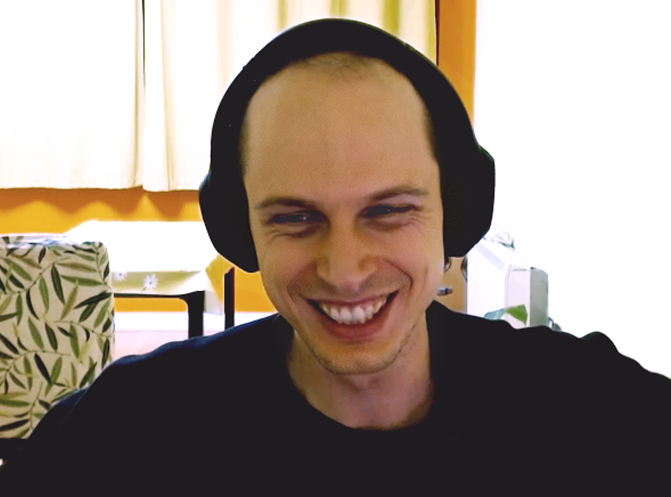
EPISODE 12
Marco Gorelli: Narwhals, ecosystem glue, and the value of boring work
You’ve probably used Narwhals without realizing it. It’s the compatibility layer helping apps and libraries like Plotly play nice with Pandas, Polars, Arrow, and more — while keeping computation native instead of converting everything to Pandas. In this episode, Marco Gorelli explains how his weekend experiment turned into essential ecosystem infrastructure and why data types, not APIs, are where interoperability gets tricky. Plus what it takes to build trust and community around an open-source project.
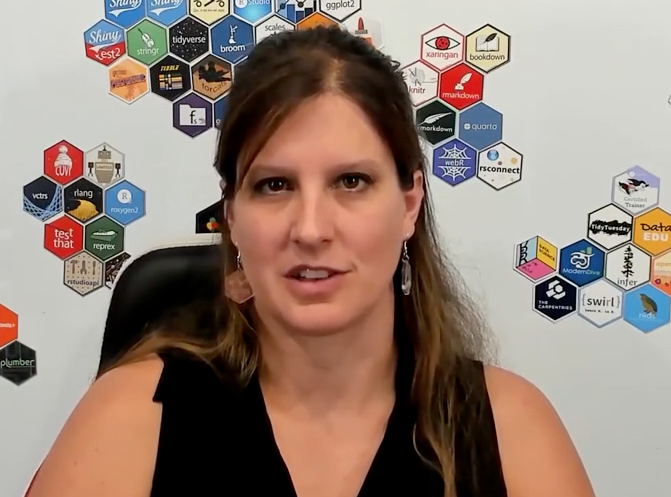
EPISODE 11
Kelly Bodwin: Quarto hacks, AI in the classroom, and why R should stay weird
In this episode, we’re joined by Kelly Bodwin — candy corn defender, board game enthusiast, and Associate Professor of Statistics and Data Science at Cal Poly. We discuss her path from English and French to statistics, how she builds teaching tools and navigates AI in the classroom, and what it takes to keep a programming community weird in the best possible way.
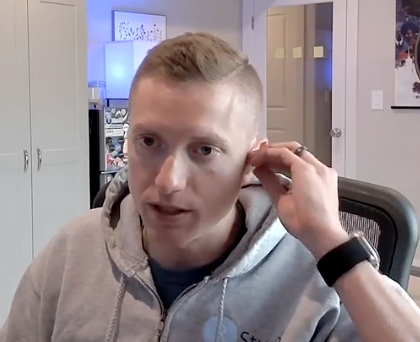
EPISODE 10
James Blair: Part 2 — Solutions engineering, critical thinking, and staying human
This episode is Part 2 of our conversation with James Blair. He explains how he found his “accidental perfect fit” as a solutions engineer and how that role became a pipeline into product management. Get a peek into the AI-powered tooling he’s now building for the Posit ecosystem, and hear how he’s using Claude Code, Positron Assistant, and DataBot to generate synthetic, industry-specific demos on the fly — plus, why the real magic is keeping humans firmly in the loop.
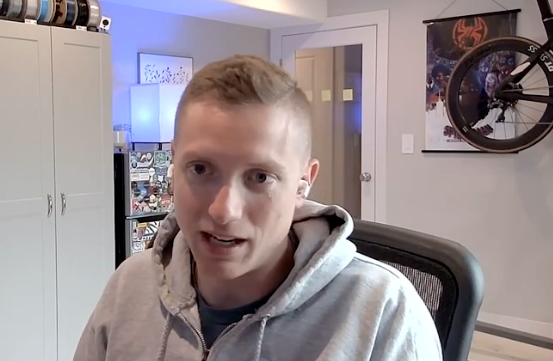
EPISODE 9
James Blair: Part 1 — Portfolios, practice, and staying curious
In Part 1 of our conversation with James Blair, we trace his delightfully non-linear path from childhood robotics dreams to journalism to R, with a few stops in between. We hear about the Shiny app that changed his career, plus a candid roundtable with Michael, Hadley, and Wes about whether a data-science master’s still pays off in the age of AI.

EPISODE 8
Julia Silge: Part 2 — Glue work, licensing, and open source in the age of LLMs
In part two of our conversation with Julia Silge, we discuss how work actually ships: the boundaries, the glue, and the tools that turn noise into signal. From there, we go macro and wonder what the LLM era means for humanity’s contributions, plus how licensing is evolving to protect sustainability without abandoning openness.

EPISODE 7
Julia Silge: Part 1 — Positron, pineapple pizza, and the art of iteration
In part one of our conversation with Julia Silge, astronomer-turned–data science leader, we explore why data science needs a different kind of IDE. Julia takes us inside Positron, Posit’s next-generation, data-scientist-first environment, and unpacks the day-to-day realities that make data science work unlike software engineering. Along the way, we get a first-hand account of a legendary pineapple-pizza protest and how to juggle multiple projects at once.
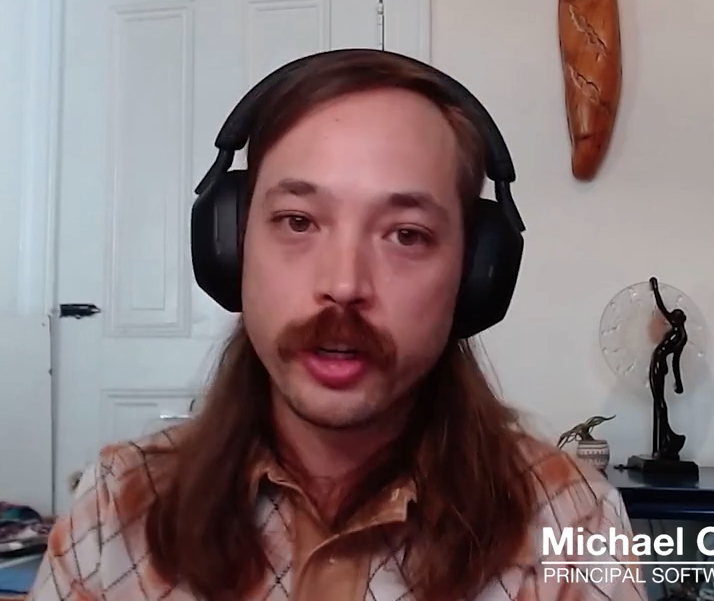
EPISODE 6
Michael Chow: From psychology and Python to constrained creativity
For this one, we turn the mic around. Wes McKinney takes over the interviewer's chair to chat with his co-host, Michael Chow. Michael's a principal software engineer at Posit, but he started out studying how people think — literally, with a PhD in cognitive psychology. Somewhere along the way, he got hooked on data science, helped build adaptive learning tools at DataCamp, and now spends his days thinking about how to make Python easier to use and more fun.
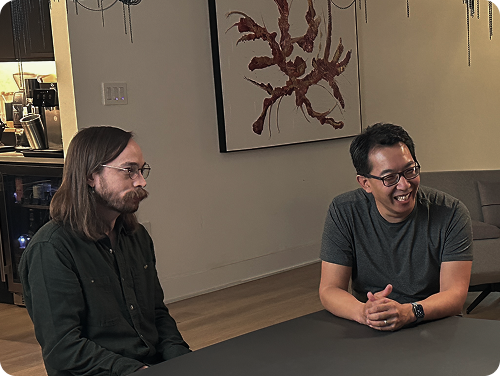
EPISODE 5
Roger Peng: Impact takes time, and it's totally worth it
Roger Peng is a professor of Statistics and Data Sciences at the University of Texas at Austin, and he's also the host of a popular data science podcast, Not So Standard Deviations. We talk about the evolution of the data science community, how the conversations have changed, and why teaching remains central to Roger's mission.
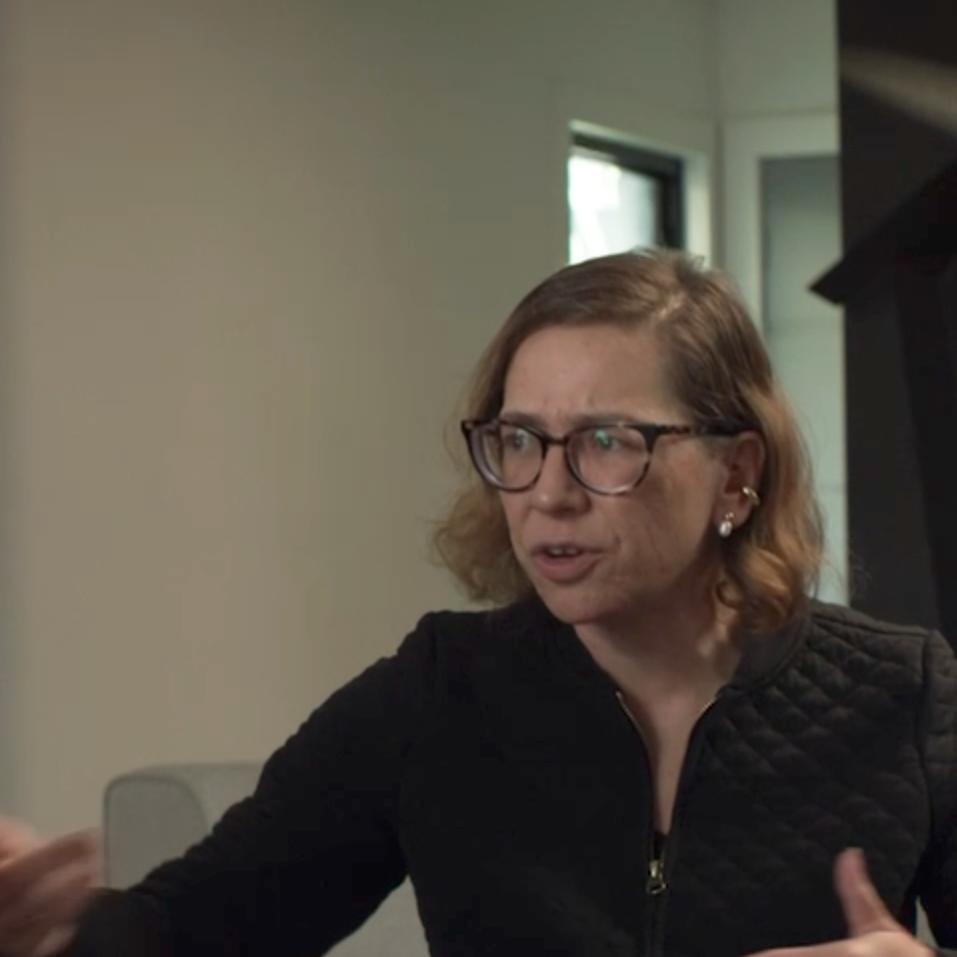
EPISODE 4
Mine Çetinkaya-Rundel: Teaching in the AI era — and keeping students engaged
Mine Çetinkaya-Rundel is a Professor of the Practice and the Director of Undergraduate Studies at the Department of Statistical Science and an affiliated faculty in the Computational Media, Arts, and Cultures program at Duke University. She joins The Test Set to talk about publishing code, building narrative, and wrestling with ambiguity.
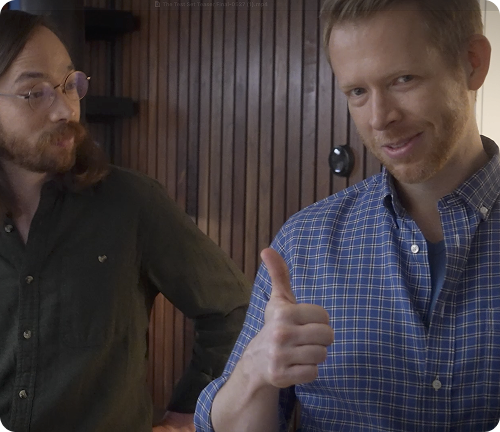
EPISODE 3
Wes Mckinney: Part 2 — Funding the Future of Open Source, what's next
In Part 2 of our conversation with Wes McKinney, we go beyond the code and into the complicated, mission-driven world of open source funding, community-building, and product strategy. Wes talks about what it takes to make critical tools like Arrow sustainable — from pitching to mavericks at Two Sigma to navigating the politics of Apache Software Foundation governance. Also, metal.
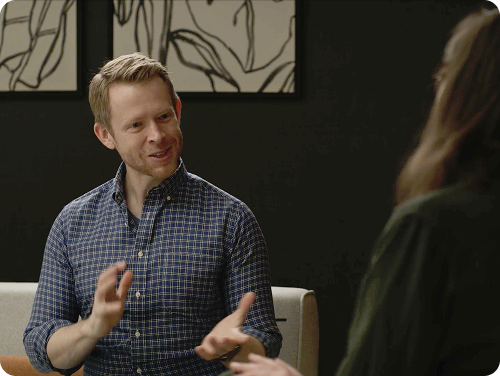
EPISODE 2
Wes Mckinney: Part 1 — Building Pandas, Arrow and a speedrunning legacy
Wes McKinney's fingerprints are all over the modern data stack — from inventing Pandas to co-creating Arrow. But before all that, Wes was organizing speedrun communities and hacking together better ways to wrangle datasets in finance. In this conversation, he shares his origin story and what makes good tools good.
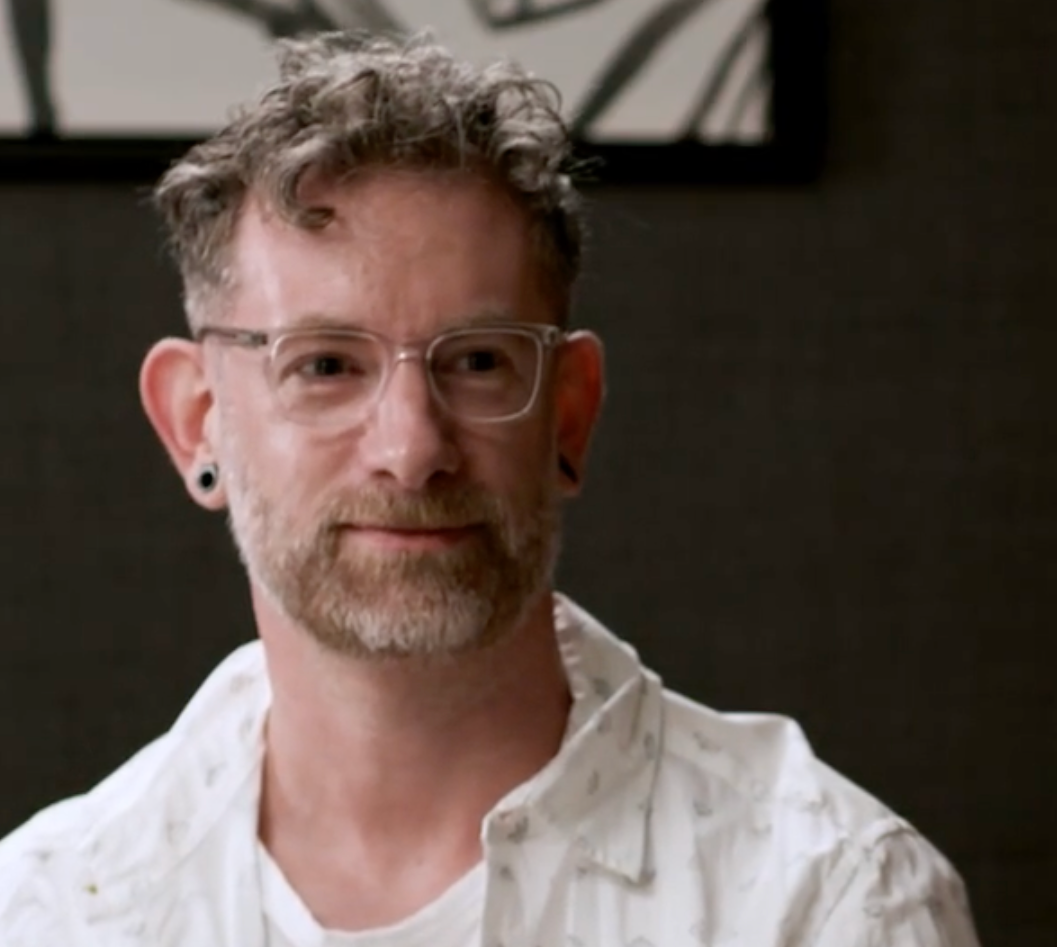
EPISODE 1
Spreadsheets, bikes, and the accidental empire of R packages
Before Hadley Wickham became a pillar of modern data science, he was a spreadsheet-loving teenager making databases for his dad's job. In this episode, he reflects on the early days of his involvement with R, the birth of tidyverse, and how real-world unpredictability — like a bear in a field — shapes data science.




